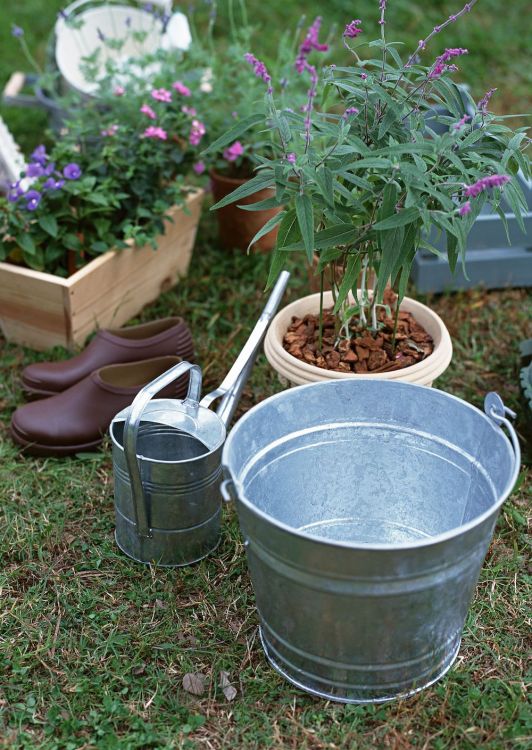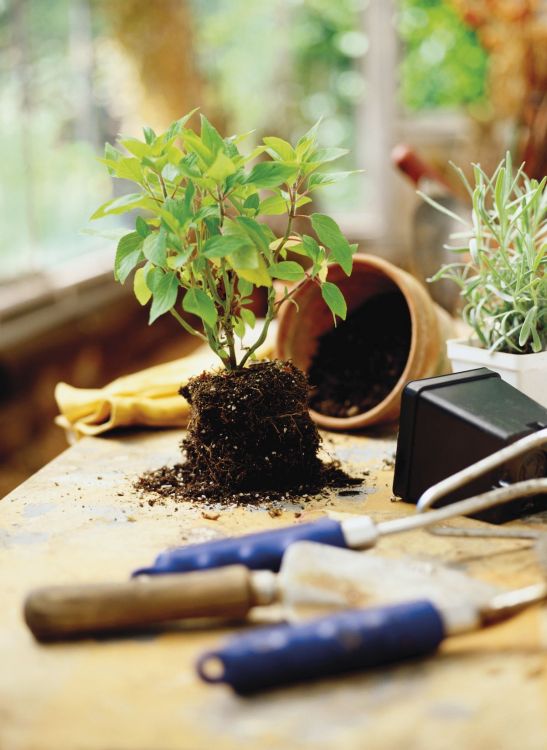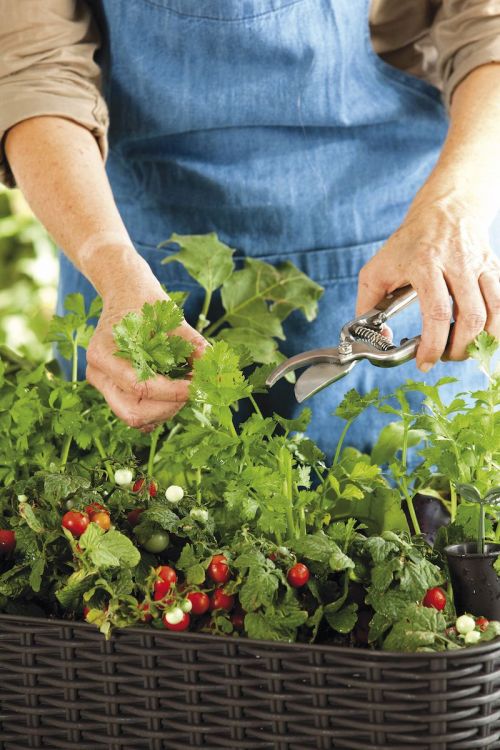Recover wilted pots with these tricks to bring your flowers back to life if they have pests or the leaves have dried.
First rule, never give up on your plant, you can surely recover it if you follow our advice. To revive the dry plants in your house you have to know the signs that indicate that there is still hope.
Look for signs of life in the greenery of the leaves or stem. This simple trick tells you that the plant is still resisting, so you just have to get down to work. You will also need patience, because you have to give your pots the necessary time to recover, many times dying plants will need several weeks to restore their luster and beauty.
Plants are living beings. It seems like a truism, but many times we treat the pots in our house as if they were simple decorative elements. Well, it is not like that, you have to start by knowing the characteristics of each species and determine the conditions in which it develops best.
Tropical plants are beautiful and very showy, but they can die if they do not have the moisture they need in the mantle and in the air. When the environment is very dry, the leaves begin to wrinkle or wither, even spots appear, so you have to spray them with water so that their leaves shine. However, be careful, because some indoor plants acclimatize very well and excess humidity can be a problem for them and cause pests or mold to appear.
pests. They are the main enemies of your plants, especially bushes. Watch for punctured, discolored, curled, and bent leaves, as well as bulges on the stem. A good tip is to clean each leaf, very gently, with a cloth sprayed with a mixture of soap and water.
Irrigation. The excess or lack of water in plants determines their growth, so learn how and how often plants are watered. Typically, plants that are overwatered have brown or yellow leaves. How to fix excess water? Start by stopping watering the pot until the soil dries out and placing it somewhere out of direct sunlight. Water scarcity is another big problem for plants. When the flowers are not watered, they can be revived by leaving them soaking for a few hours so that they recover their turgidity and their vivid colors. Dry plants usually show brown tones on the leaves, especially on the edge, and if they are not taken care of they end up falling. Learn to control the humidity you need and control that the water reaches the roots. Of course, remove dead leaves, which turn completely brown and tend to fall off the stem easily.
Lightning. Virtue lies in the balance of light, but there is an important rule: keep the plants away from drafts and the heat of the radiator so that they do not wither. Some houseplants need indirect sunlight, and potted flowers often prefer direct sunlight. The good news is that in both cases there is an excellent solution: relocate your plants and move them to a place where they receive the benefits of natural lighting. Other good tips to improve the light in the pots is to add white stones on the ground to better reflect the light and thoroughly clean the window panes. In the case of having a terrace, porch or garden, choose among the most beautiful outdoor plants that you can buy right now.
Nutrients. The root shows the health of the plant, so they have to be smooth, thick and with white tips. Sometimes it is necessary to change the substrate, even the pot, to transplant it to a more suitable or larger pot. To know how to fertilize the potting soil, you have to feed the plant in spring and summer. Try to make it an organic fertilizer and use it a couple of times a month to promote growth. A good idea is to make a homemade compost to recover the plants and, incidentally, take advantage of the organic waste in your house.
Step 2: Revive the plant

Step 3: Transplant









